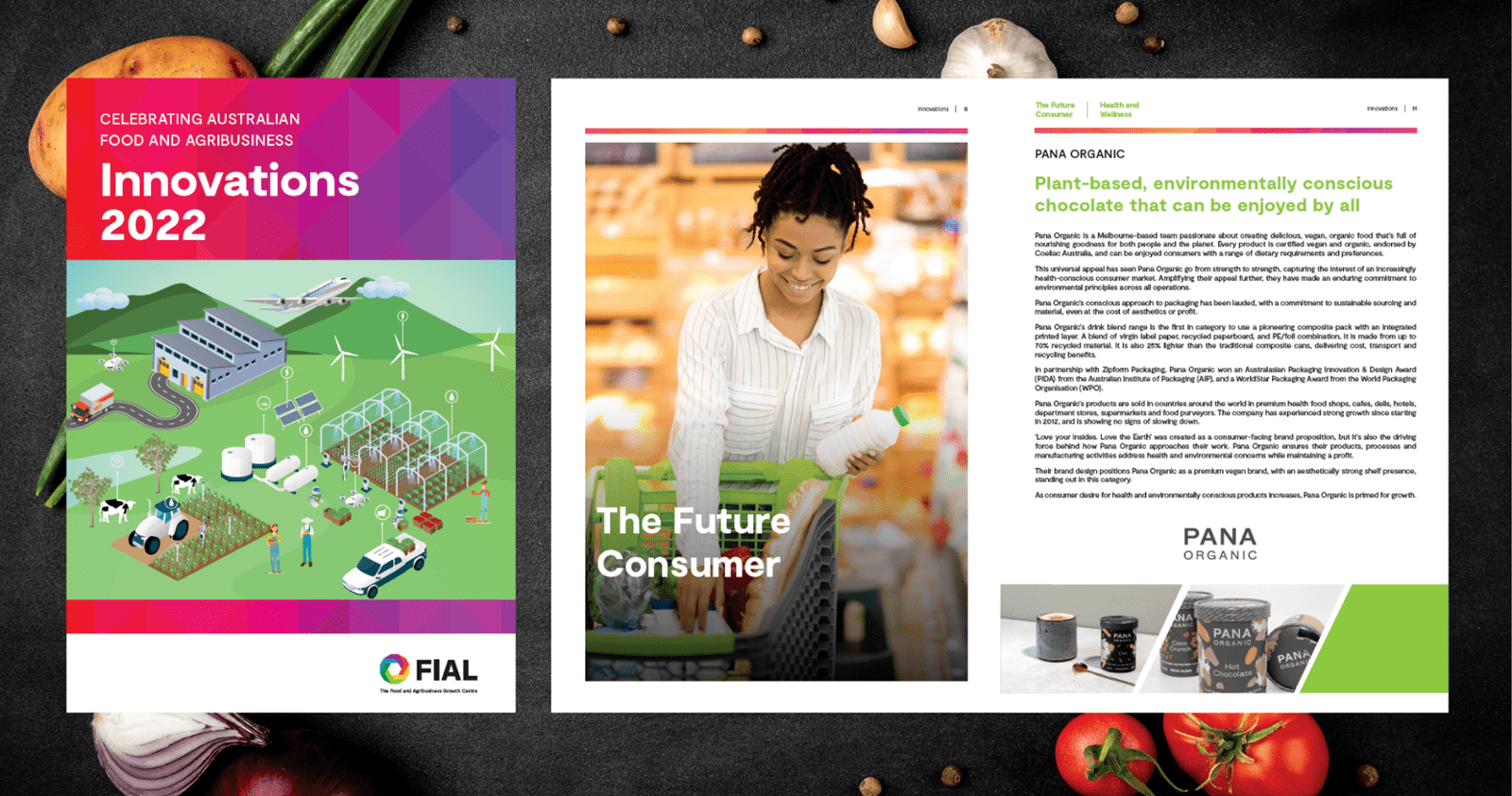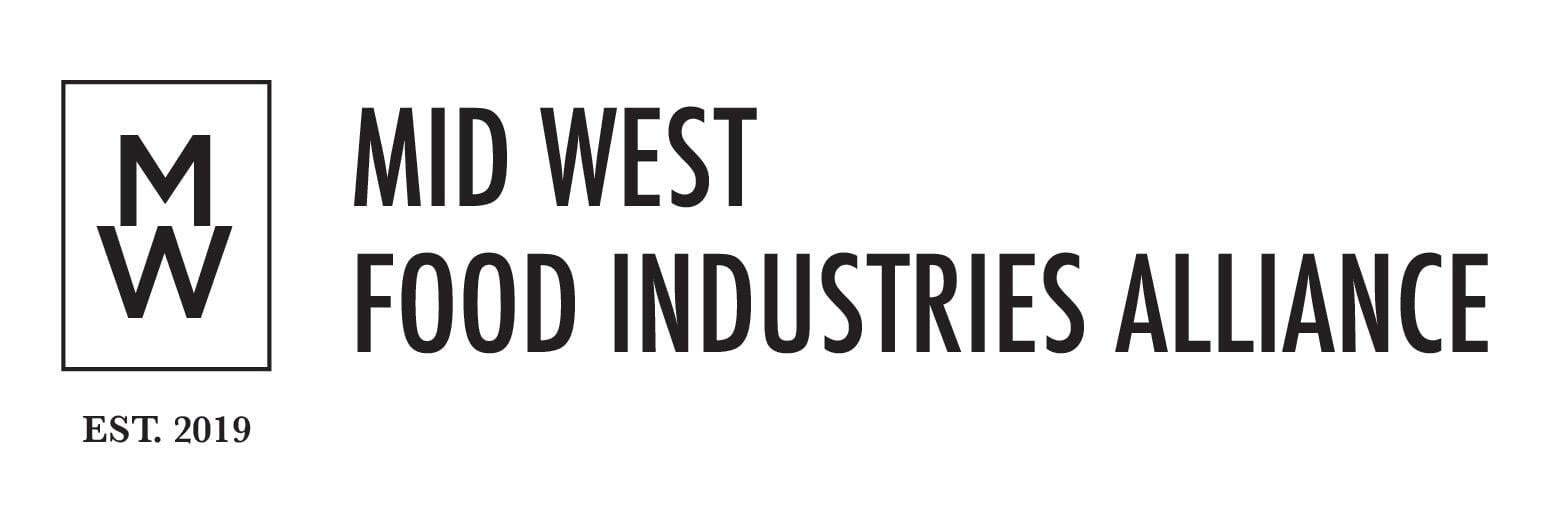Capturing the Prize: the A$200 billion opportunity for Australia's food and agribusiness sector/ Food Security and Sustainability / Sustainable inputs
Targeted use of biological pesticides, herbicides and fungicides; and organic and microbial fertilisers to facilitate economic, environmental and social sustainability outcomes.
The diversity of food production in the Mid West region of Western Australia is remarkable. Bordered by the Indian Ocean in the west, the Pilbara region in the north, the Wheatbelt to the south and the Goldfields in the southeast, it is home to everything from seafood to beef, olives to lupin andgin and health foods. Mining also makes a significant contribution to the economy of the region.
Mid-West Food Industries Alliance, the industry-led food ‘cluster’ for the region, is setting up a program to unite the food industry and the resources sector, believing they can be stronger together than apart.
Both benefit from three key elements – the water, soil, and clean air of the region – and both are seeking greater sustainable practices and connection to community. Together, they can work towards greater economic growth for the region, with community engagement at its core.
Mid-West Food Industries Alliance has initial seed funding from FIAL and is leveraging the knowledge of the nationwide cluster network to innovate with membership models. It is establishing a unique community partnership system, where value is created via the provision of specialist skills in systems, training, marketing and export, as well as a commitments to future business expenditure toward Mid West foods and ingredients, and traditional cash and sponsorship contributions.
This model will see knock-on effects for other industries. When businesses purchase an agreed amount of produce from Mid West producers, for example, it will not only benefit the producer and save the business from transport/freight costs, but also engage other elements like the local transport, retail and wholesale industries. The collaborative nature of the agreements allows for relationships to continue after the initial transaction and in doing so stimulate growth within other businesses with the region as the supply chain is strengthened.
This case study is from FIAL's 2022 edition of Celebrating Australian Food and Agribusiness Innovations 2022



